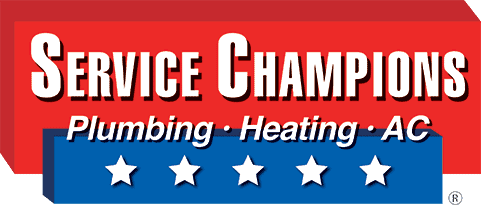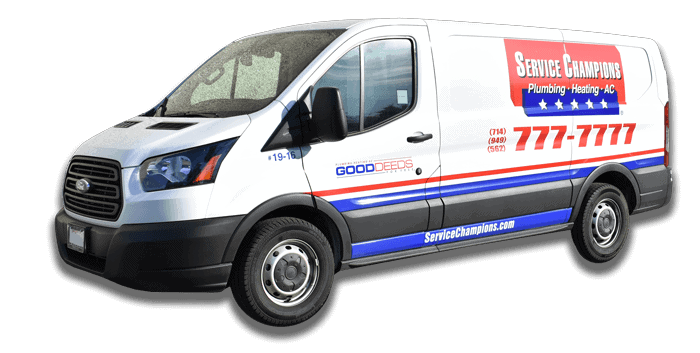Do Air Purifiers Work? Everything you Need to Know About Air Purifiers
It’s a surprising fact, but indoor air is often more polluted than the air outside. Changing your HVAC air filter is one of the many things you can do to keep your home comfortable. However, you can go one step further to protect your indoor air by investing in an air purifier. Read on to learn everything you need to know about an air purifier.
Why use an Air Purifier?
Air purifiers are great for improving your home’s indoor air quality. They can help reduce allergens, pollen, pet dander, and dust, while also cleaning chemicals out of the air.
Unfortunately, many people think that using an air purifier is only necessary if someone has allergies or asthma, but these machines can be beneficial for everyone. Air purifiers can help reduce the number of airborne contaminates in your home. This significantly reducing your risk for various illnesses and conditions.
How Air Purifiers Clean Your Indoor Air
Most indoor air purifiers use a filtration system to clean the indoor air. A fan draws in nearby air, which then passes through a series of filters. Once the pollutant particles are removed, the purifier blows the clean air back into the room. There are various types of filtration systems. Some air purifiers even use UV light technology to kill harmful pollutants.
Which Air Purifier Do You Need?
Many different types of air purifiers are available today, each with its own strengths and weaknesses. Here are a few common types you may find –
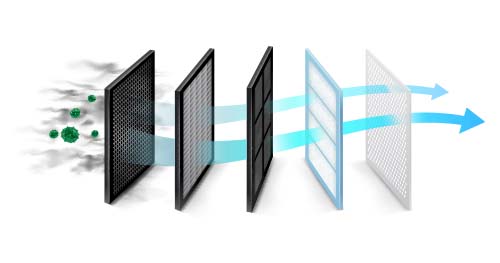
- HEPA filters. These filters trap pollutants in the air using a filtration system. They can be used as part of a whole-house ventilation system or installed as individual units. HEPA filters use high-efficiency particulate air technology to remove 99.97 percent of particles down to 0.3 microns, including pollen, pet dander, mold spores, and dust mites.
- Electronic air cleaners. These devices use an ionizing process to attract and bind pollutant particles in the air. The pollutants then drop to the floor or get carried away by a fan.
- UV lights and ozone generators. These devices use ultraviolet light or ozone gas to disinfect the air in your home, killing bacteria, viruses, and mold spores.
How Effective are Air Purifiers?
The effectiveness of air purifiers varies widely depending on how you use them and the type of filters. Some are more effective than others at removing specific pollutants from the air. The Environmental Protection Agency recommends using air filters with a MERV (Minimum Efficiency Reporting Value) rating of 13 for residential use to reduce indoor pollutants.
Consider These Factors when Buying the Best Air Purifier for Your Home
There are few important things to consider before buying an air purifier for your home.
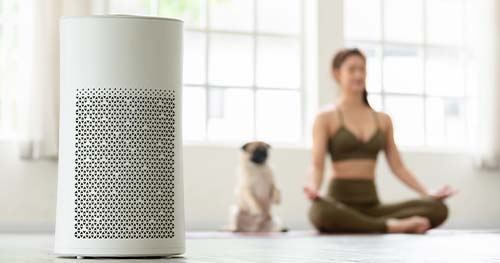
- Air quality. Is there a particular smell or odor in your home? Is it coming from a specific room? If so, you might consider buying an air purifier targeting specific airborne particles like pollen or dust mites.
- Size of room. The larger the room, the more powerful your air purifier will need to be. Some systems can cover multiple spaces but using a separate purifying unit for each room is advisable.
- Cost and energy efficiency. If you buy an expensive appliance like this, make sure it’s worth the money! Look for models that aren’t too noisy and don’t consume too much power when operating at low speeds.
- Clean Air Delivery Rate (CADR) rating. This measures how well an air purifier can remove particles from the air, such as dust and pollen. The higher the CADR rating, the better it will be at removing these particles from the air.
- Air purifiers have different types of filters that help remove dust and other particles from the air. Washable filters can help save you money in the future.
How to Get the Best out of Your Air Purifier
There are a few things you can do to make sure you’re making the most of your air purifier.
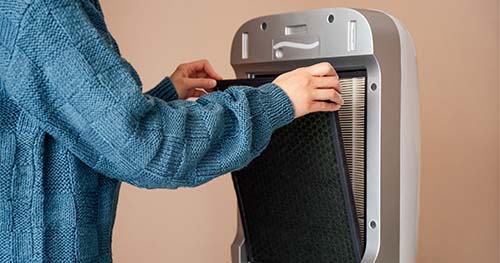
- Remember to brush your pets. Pet dander and hair can clog your air purifier’s filters, reducing its efficiency. A clogged filter is ineffective and puts extra strain on your energy bill since it needs to work harder to clean the air.
- Book regular HVAC tune-ups. Air ducts can leak dust, pollen, and other contaminants into your home if they aren’t properly sealed. HVAC tune-ups keep your HVAC system in top condition taking the pressure off your air purifier.
- Vacuum regularly and change your bedding weekly. Vacuuming every week or so will remove dust and dander from carpets and floors, helping your air purifier do its job correctly. Changing your bedding also helps reduce dead skin cells and dust mites in your home’s air.
We all want to breathe easy in our homes. Investing in an air purifier helps keep indoor pollution to a minimum. Contact our HVAC professionals if you want to learn more about reducing your home’s toxins.
